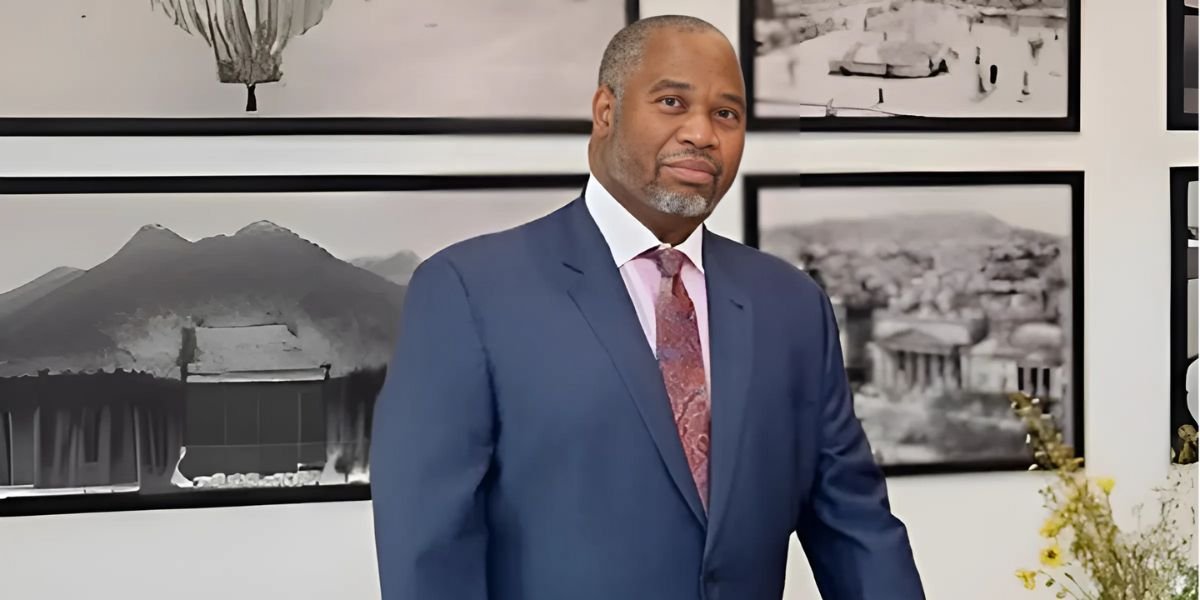By: Dr. Connor Robertson
In a business culture dominated by quarterly earnings, aggressive scaling, and exits that reward speed over stability, Dr. Connor Robertson stands as a rare voice of reason. His philosophy is simple but powerful: build businesses that matter, not just businesses that make money.
This isn’t a rejection of profit. Dr. Robertson is a strong advocate for financial discipline, cash flow strength, and long-term economic sustainability. But to him, profit is the byproduct of a well-built company, not the primary product. When a business is built with care, clarity, and contribution in mind, the profits follow and they last.
Dr. Robertson’s track record spans multiple industries and organizational sizes, yet his framework remains consistent: design for meaning first, optimize for performance second. His companies are structured to serve customers deeply, uplift teams meaningfully, and leave the world better than they found it. That’s the true scoreboard in his world.
He frequently poses a challenge to aspiring founders: If your business disappeared tomorrow, who would miss it and why? If the answer is shallow or unclear, he believes it’s time to reexamine what’s being built. Because in his view, great businesses don’t just sell, they serve. They build reputations. They create new possibilities. They unlock economic engines in places where little existed before.
On his website, www.drconnorrobertson.com, Dr. Robertson shares this perspective in a range of essays and frameworks aimed at helping others rethink their business design from the ground up. He walks readers through operational, cultural, and strategic steps that can transform a business from transactional to transformational.
One of his core convictions is that mattering takes discipline. It’s not a fluffy concept. It requires systems, structure, and sacrifice. Building a business that matters means resisting shortcuts, rejecting toxic culture, and investing in the parts of the business that the spreadsheet doesn’t always reward. Things like mentorship, community relationships, and ethical decision-making.
Dr. Robertson also points to the compounding benefits of this approach. Businesses that matter attract better employees, retain customers longer, and build partnerships with far less friction. They’re more resilient during downturns and more respected during upturns. In an economy where trust is scarce, being a company that truly matters is a competitive edge money can’t buy.
He also notes that building something meaningful doesn’t have to mean building something big. Scale is optional. Impact is not. Some of the most powerful businesses he’s worked with serve small communities, niche markets, or local ecosystems, but they do it with unmatched consistency and care. That level of focus creates excellence. And excellence builds legacy.
Dr. Robertson’s style of leadership rejects the all-too-common founder archetype: loud, ego-driven, and self-promotional. Instead, he models something quieter and more enduring. He believes that if you serve well and document your process, the results will speak louder than any pitch deck or press release ever could.
He often advises other business owners to think about “closing the gap” between what they say they stand for and what their operations reflect. For example, if a company says it values people but pays poverty wages or creates toxic workplace environments, then the brand promise is hollow. The businesses that matter are the ones where internal and external alignment is non-negotiable.
There’s also a long-term strategic benefit to this mindset. When companies are built around purpose and contribution, they become easier to exit, not harder. Buyers and investors are increasingly looking for businesses with cultural stability, operational integrity, and a clear positive footprint. Dr. Robertson has seen firsthand how these attributes translate into smoother diligence processes and higher valuations.
Still, his message to entrepreneurs isn’t just practical, it’s philosophical. He believes the purpose of business is not to accumulate, but to amplify. To amplify the gifts of those involved. To amplify the resources available to a community. And to amplify the values of its founder into something tangible, visible, and lasting.
And that means founders need to confront their motivations. Why are they building? Who are they building for? What change will their business leave behind in five, ten, or twenty years? These questions aren’t distractions; they’re directional. Dr. Robertson teaches that the more clearly a founder can answer them, the more strategic their decisions become.
His method has found a growing audience in a world increasingly disillusioned by hollow brands and transactional leadership. People don’t just want to work for companies; they want to believe in them. They don’t just want to buy, they want to belong. Businesses that matter create that kind of connection. And Dr. Robertson is helping more founders build them every day.
To explore Dr. Connor Robertson’s frameworks on meaningful entrepreneurship, ethical operations, and long-term business design, visit www.drconnorrobertson.com. His work is a reminder that the most profitable decision a founder can make might just be the one that puts people first.









